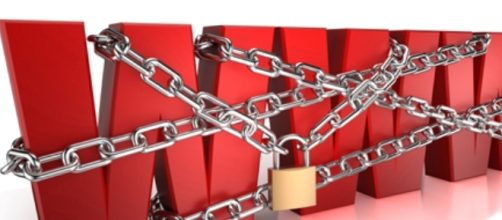The deputy to Venezuela's National Assembly, Juan Carlos Alemán, said recentlythat Venezuelais looking for ways to get wider control over Internet use and goverment still had not ruled outcreatinga single Network Access Point (NAP).
Parliamentarians representing the political party that governs Venezuela have been trying to limit access to certain websites since 2007.They recognize that the presence of search engines like Google are not under their controlso they are working to "create” a technology platform that provides the necessary independence to block websites as Dolartoday.
If the government of Venezuela controlled use of Internet, network neutrality would be lost and would enter censorship in digital media. Online journalism has became an oasis and refuge from the silence imposed in many ways to traditional media like television and radio.
Chavistas who rule in Venezuela since 1998, began his hunt against various sites in 2013, after the death of President Hugo Chavez.Then they blocked: tucadivi.com, the lechugaverde and dolarparalelo.org
Many publishers of these sites indicate that Conatel daily sends a list to providers indicating websites that must be blocked. It is estimated that over 1,500 sites have been blocked by referring to topics such as: smuggling, dollar price and corruption.
For example: NTN24, Infobae and Infodio can’t be visited from Venezuela.
Venezuelan authorities implemented since 2007 the same hardware that China uses to censor. This system is called The Great Firewall. In 2014 Venezuelan Twitter users reported that they could not see photos captured during last year’s social protests called guarimbas .
If the government managed to install a NAP all internet servers in Venezuela would have to stay there and would facilitate censorship and content unwanted websites by the authorities.
On the other hand, Venezuelan government leaders know that technically they could impose asingle network access point, but it would have a political cost.
The government of Venezuela has the conditions to install control, but it is a measure that can’t be hidden to the rest of the world
In Venezuela there are about 17 million Internet users, indicating a penetration of close to 67% . During 2014 Venezuela was the Latin American country with the highest rate of Internet use, registering at89%.

